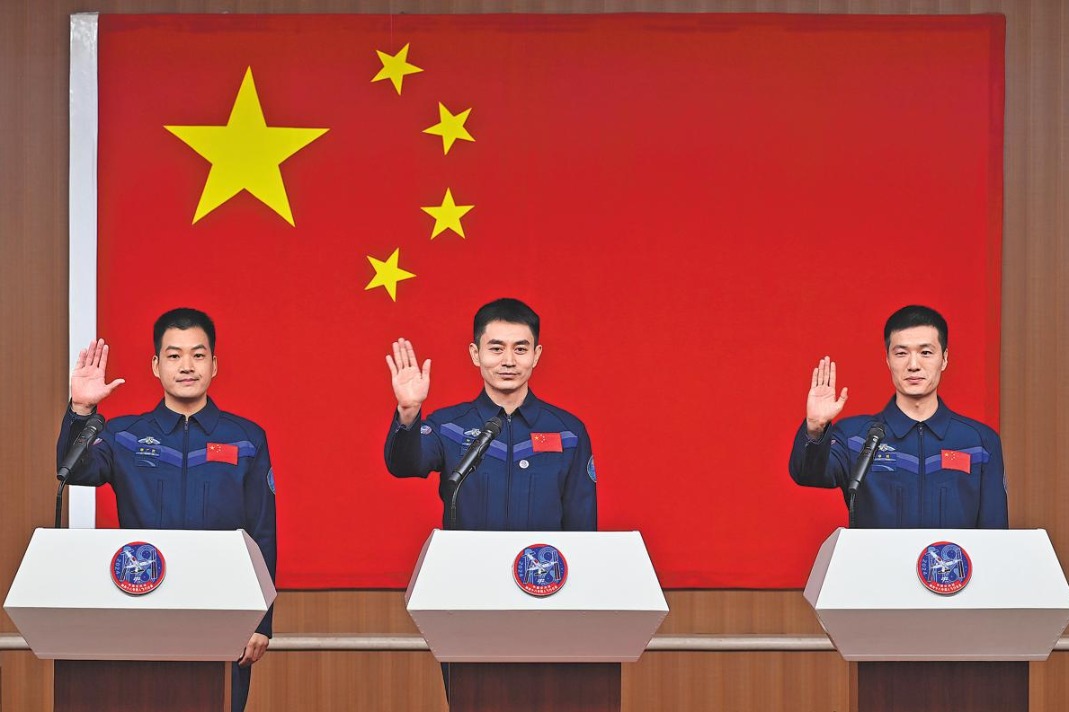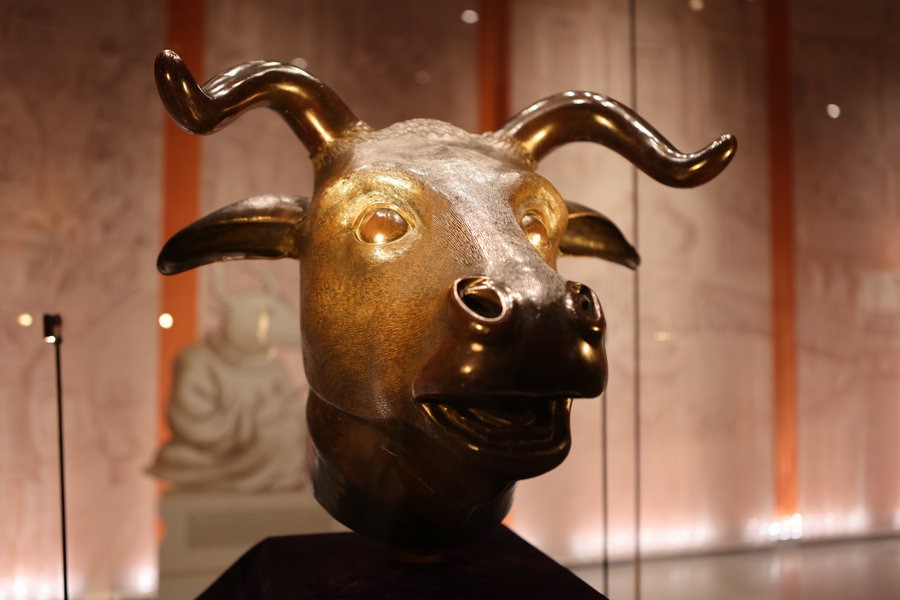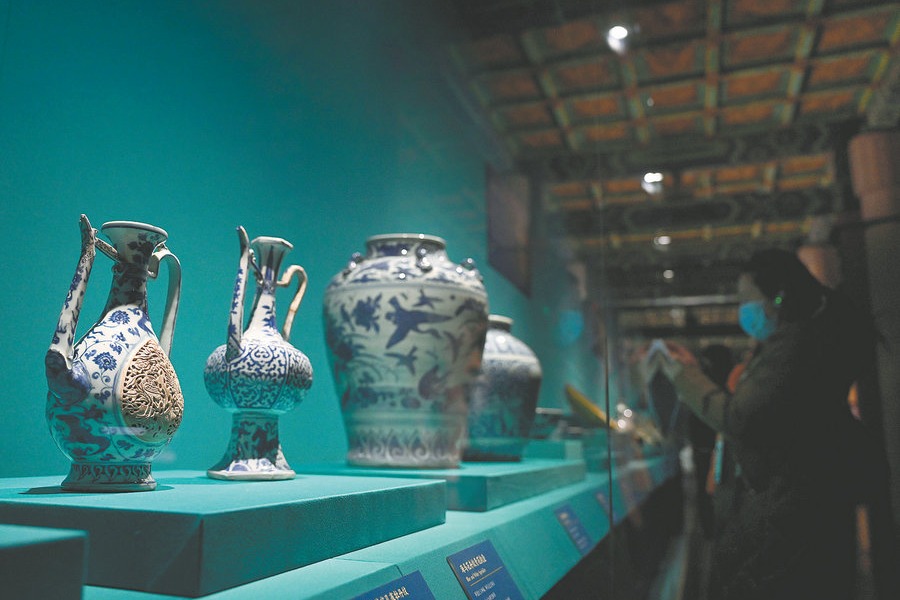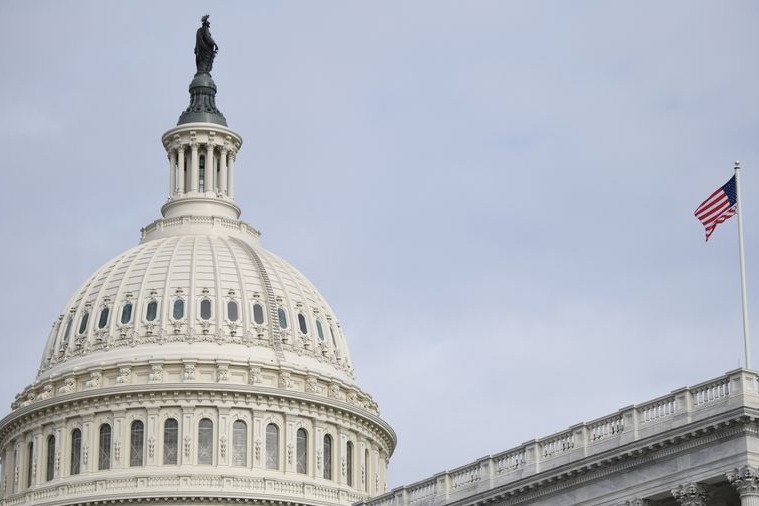Trump must know protectionism can never win vs multilateralism

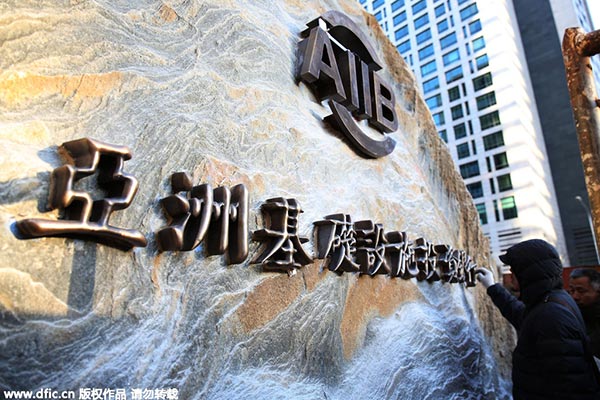
The two sides of the Pacific are sending different messages. The Asian Infrastructure Investment Bank's board of governors held its third annual meeting in Mumbai, India, on June 25-26.
And Indian Prime Minister Narendra Modi called the AIIB "a result of collaborative efforts of Asian countries to provide a better tomorrow to our people", asserting that regional multilateralism through institutions such as the AIIB can play a central role in helping increase resources.
Besides, Australia, China, India, Japan, New Zealand, the Republic of Korea and the 10 members of the Association of Southeast Asian Nations held working-level negotiations on the Regional Comprehensive Economic Partnership in Tokyo last week. And an RCEP ministerial meeting was held on Sunday.
The two events on this side of the Pacific are aimed at promoting cooperation and free trade.
But on the other side of the Pacific, US President Donald Trump is intensifying trade disputes, by chiefly targeting China. Trump has threatened to impose tariffs on another $50 billion worth of Chinese goods beginning July 6 and directed the US Trade Representative's office to draw up a list of $200 billion worth of Chinese goods to be subjected to an additional 10 percent tariff. The new tariff, Trump said, would be imposed if China did not lower its recently announced tariffs on US goods and change its trade practices.
Tariffs aside, the Trump administration plans to limit Chinese investment in US technology companies. But considering Trump's attempts to launch a trade war as a sudden shift from previous US policies would be wrong, for while US presidents come and go, the United States' vision of being the sole superpower has remained unchanged.
In his book, Why the West Rules-For Now, Ian Morris, professor of history at Stanford University, found that every two years, the US Department of Defense reviews its grand strategy in a report called the Defense Planning Guidance. The first draft of the report due in March 1992, just three months after the collapse of the Soviet Union, laid out a bold new vision. "Our first objective is to prevent the reemergence of a new rival, either on the territory of the former Soviet Union or elsewhere, that poses a threat on the order of that posed formerly by the Soviet Union. This… requires that we endeavor to prevent any hostile power from dominating a region whose resources would, under consolidated control, be sufficient to generate global power. These regions include Western Europe, East Asia, the territory of the former Soviet Union, and Southwest Asia," Morris has quoted from the draft in his book.
Trump is using a go-it-alone diplomacy to pursue US interests. He has pulled the US out of the Trans-Pacific Partnership agreement, the Paris climate accord and Iran nuclear deal. He has even threatened to pull the US out of the World Trade Organization, and said the European Union was created largely to compete against the US in international trade.
Moreover, US Secretary of State Mike Pompeo has reminded US allies in Europe of the Marshall Plan. "We gave $110 billion-these were dollars of a long time ago-to Europe. We did it to provide assistance to our European partners when they needed help," he said at Detroit Economic Club recently. The US needs to re-evaluate each of those relationships so that it can continue to have "great trade" with Europe in the years ahead.
While trying to force the rest of the world into concessions, Trump is also preventing US companies from operating overseas. He has threatened to tax Harley-Davidson "like never before" after the Wisconsin-based motorcycle maker said it will make bikes overseas to export to Europe in order to avoid the EU's retaliatory tariffs on US imports.
Trump is sparing no effort in pursuing US dominance, even though his unilateral approach is isolating and hurting the US.
But he should know protectionism has never won against multilateralism. The author is China Daily Tokyo bureau chief.


















